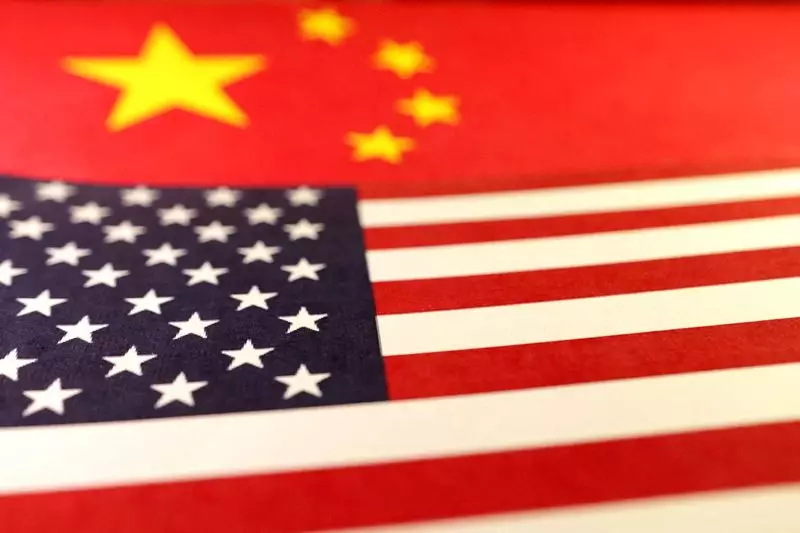Recent findings released by the American Chamber of Commerce (AmCham) in China reveal a significant level of apprehension among American businesses operating in China. The survey indicates that 51% of participating companies express concern regarding a further deterioration of U.S.-China relations, marking the highest level of anxiety recorded in five years. This data arrives on the heels of U.S. President Donald Trump’s recent re-election and his administration’s increasing threats of imposing higher trade tariffs on Chinese imports. Such geopolitical volatility has heightened the stakes for American enterprises in one of their key overseas markets.
The nature of U.S.-China relations has been tumultuous in recent years, characterized by rising trade disputes and significant policy shifts. The last few years of the trade war under President Trump saw the imposition of various tariffs that strained commercial ties between the two nations. Alvin Liu, Chair of AmCham China, emphasized the necessity of fostering a stable and constructive bilateral relationship, underscoring that economic and trade stability is paramount not only for the countries’ prosperity but also for broader global economic health. The evolving trade policies pose real challenges for American firms trying to navigate an increasingly complex landscape.
Conducted between October and November of the previous year, the AmCham survey encapsulates sentiments from 368 member companies. Despite the towering uncertainties, nearly 50% of respondents still identify China as among their top three global investment priorities. This figure mirrors last year’s results, suggesting resilience in the face of adversity. However, it’s notable that the percentage of companies no longer viewing China as a pivotal investment destination has more than doubled since the pre-pandemic era, signaling shifts in strategic planning and risk assessments by American businesses.
Further complicating the operational landscape is the ongoing concern regarding unfair treatment of foreign firms in China, a sentiment echoed by about one-third of respondents. Issues related to market access and public procurement continue to plague American companies. These findings indicate that while the commitment to doing business in China remains relatively strong, fears of inequality in operational conditions persist, instigating calls for policy improvements and a more transparent competitive environment.
Looking ahead, American businesses must remain vigilant as they navigate the fluid dynamics of international relations. The tension between the U.S. and China not only influences business operations but could redefine corporate strategies as firms evaluate their long-term presence in the market. Adaptability and agile decision-making will be key for businesses to mitigate risks associated with trade policies and geopolitical frictions. Ultimately, as both economies continue to intertwine, the prospects for collaboration or conflict will shape the future landscape for international commerce, underscoring the critical nature of diplomatic engagement.

